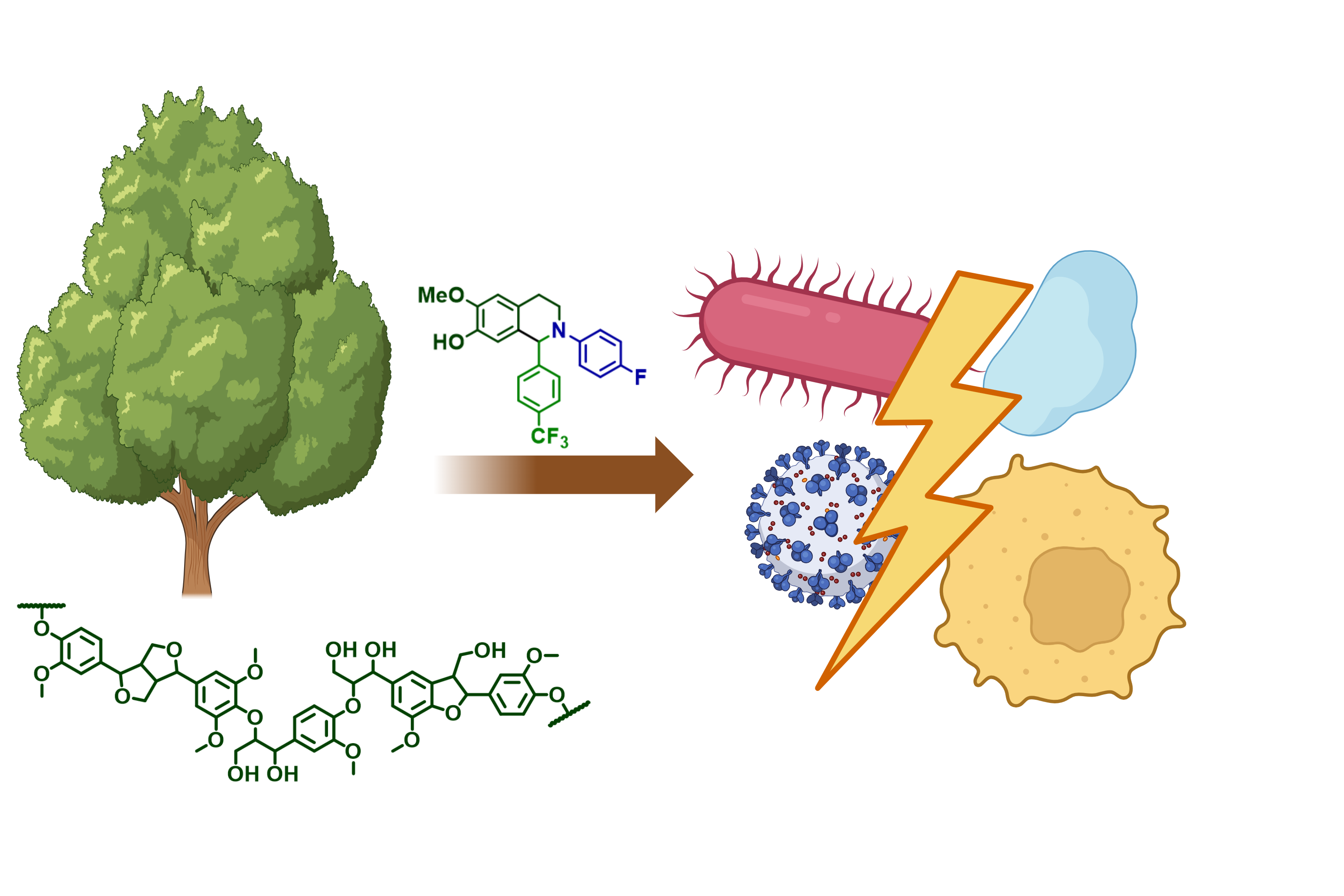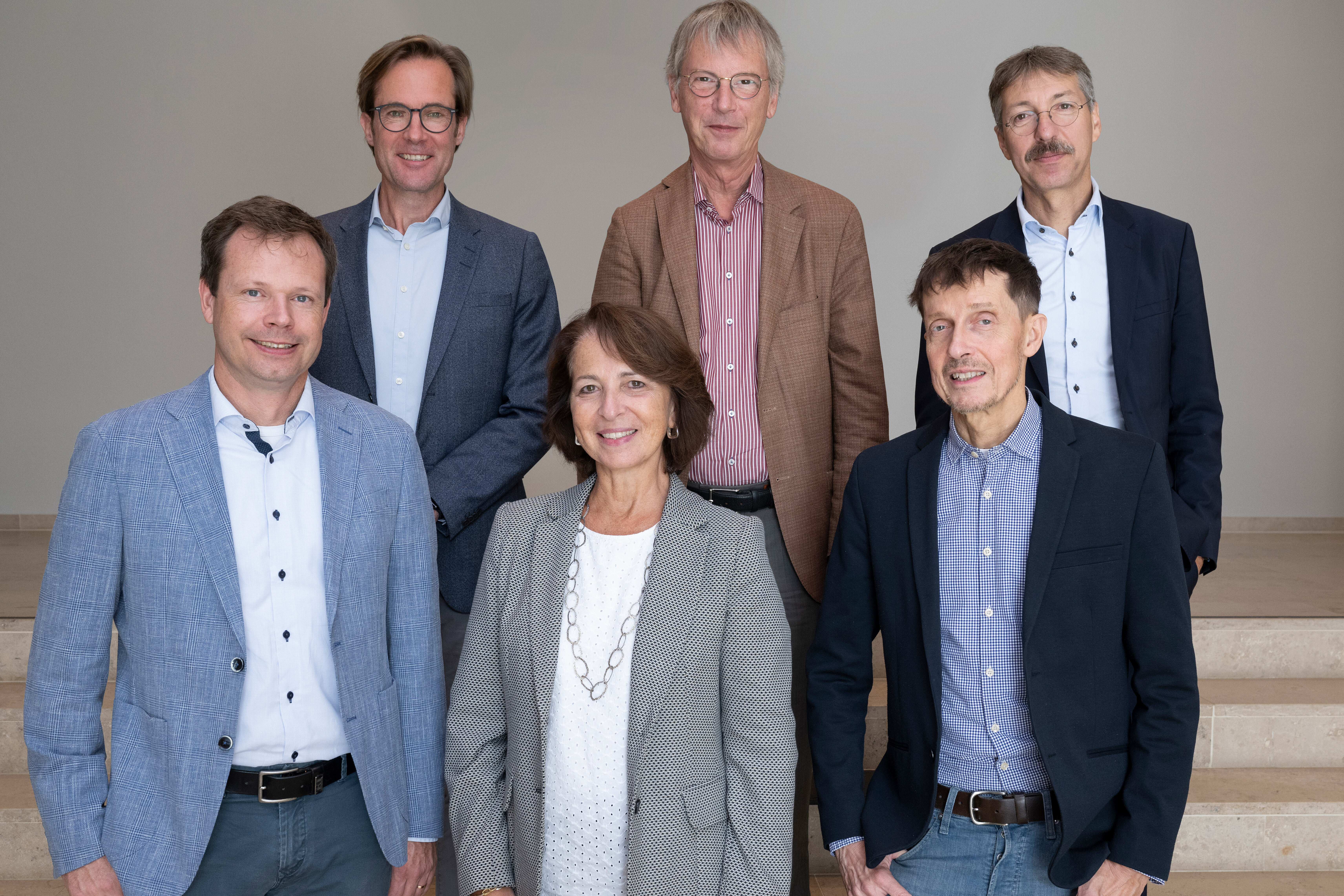Newsroom
![[Translate to English:] Press image](/fileadmin/_processed_/1/d/csm_2023_Webnews_Guzman__c_Wiley-VCH_Angewandte_Chemie_766e4cb343.gif)




HZI in the media
25.06.2025
|
Resurgence
23.06.2025
|
Kurier
18.06.2025
|
17:30 SAT.1 REGIONAL
18.06.2025
|
Cityblick 24
17.06.2025
|
Newsdirectory3
17.06.2025
|
DeutschesGesundheitsPortal
